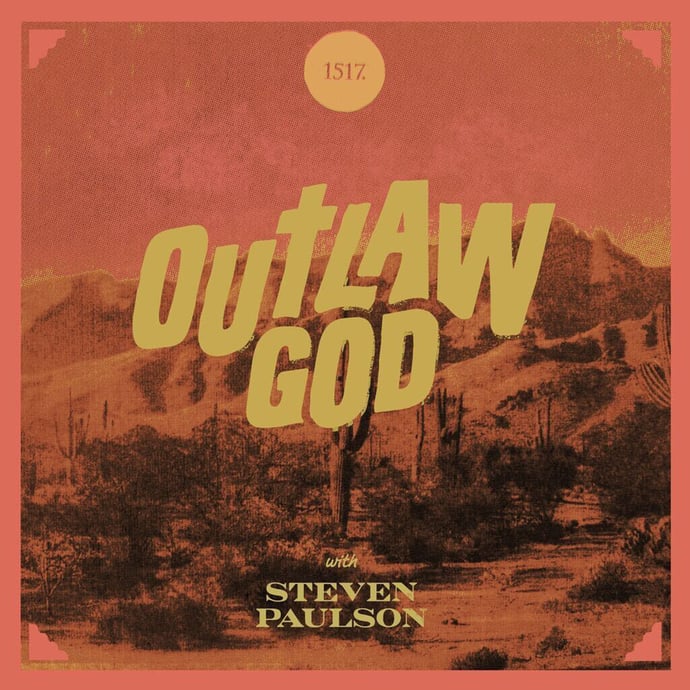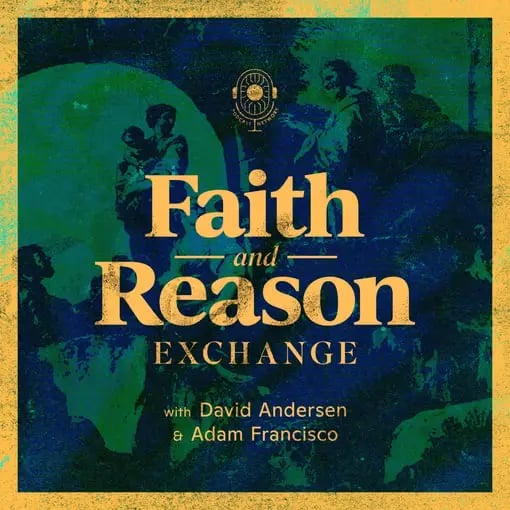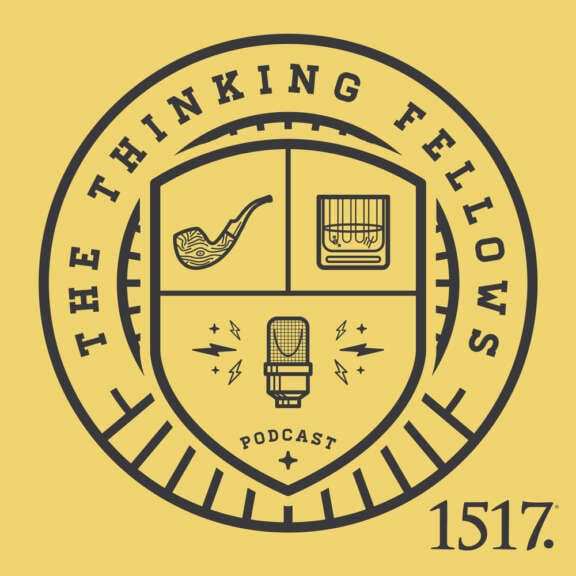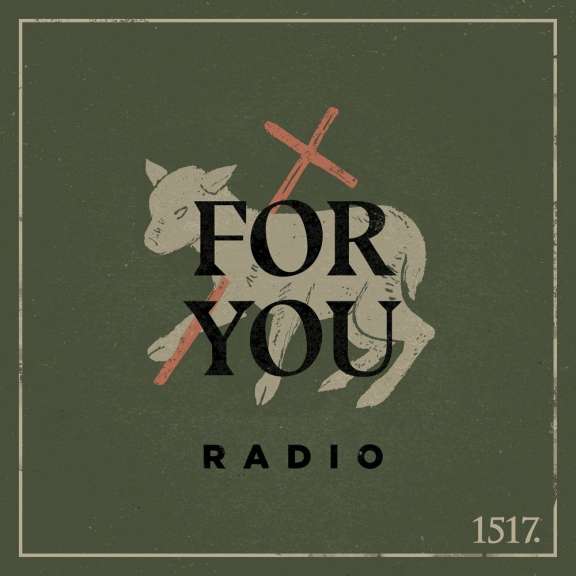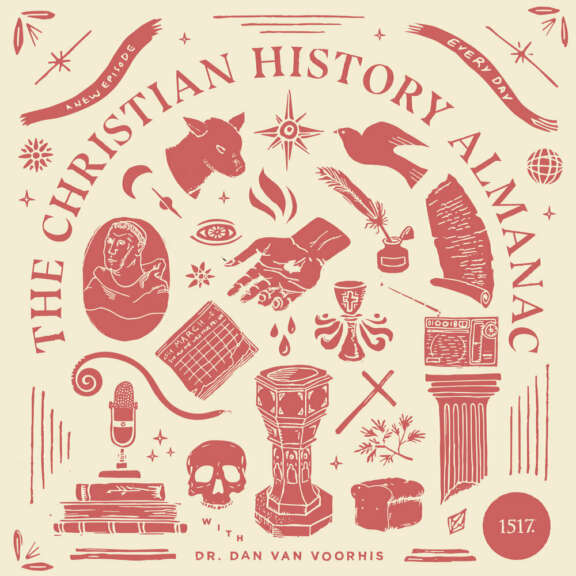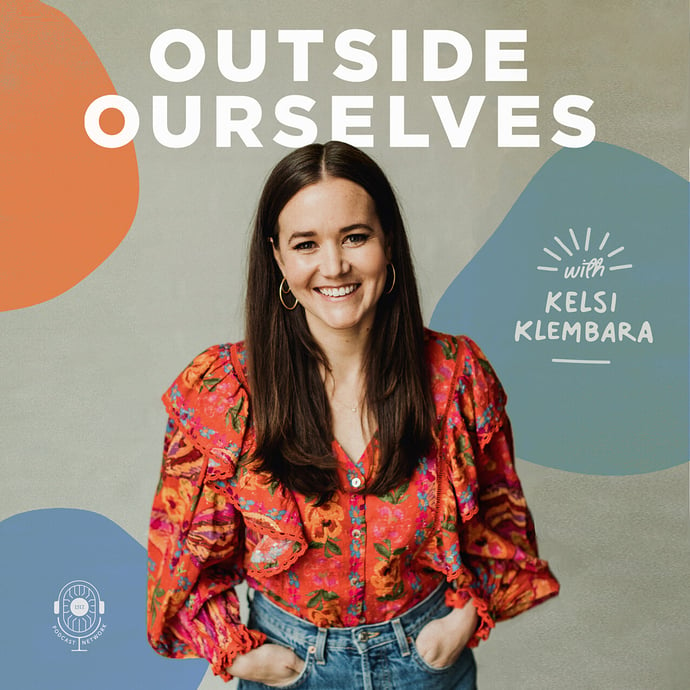In this episode of the Outlaw God podcast, Stephen Paulson and Caleb Keith explore the themes of divine election, the search for the unknown God, and humans attempts of understanding God through mysticism.
Podcasts
Each 1517 Podcast is dedicated to delivering Christ-centered content through weekly, monthly, and seasonal audio platforms. Listen online or on your favorite podcasting app.
Author
- All Authors
- Aaron Zimmerman
- Adam Francisco
- Amy Mantravadi
- Blake Flattley
- Bob Hiller
- Bradley Gray
- Brian W. Thomas
- Bror Erickson
- Bruce Hillman
- Caleb Keith
- Chad Bird
- Chris Rosebrough
- Christopher Gillespie
- Cindy Koch
- Craig Donofrio
- Dan van Voorhis
- Daniel Deen
- Daniel Emery Price
- Darrin Sheek
- David Andersen
- David Rufner
- David Zahl
- Debi Winrich
- Delwyn Campbell
- Donavon Riley
- Doug Klembara
- Edward Killian
- Elyse Fitzpatrick
- Erick Sorensen
- Flame
- Grant Klembara
- Gretchen Ronnevik
- Haroldo Camacho
- Jacob Smith
- Jared C. Wilson
- Jeff Mallinson
- Jeffrey Pulse
- Jessica Thompson
- Jim Nestingen
- Joel Fitzpatrick
- Joel Hess
- John Andrew Schreiner
- John Bombaro
- John T. Pless
- John W. Hoyum
- John Warwick Montgomery
- Katie Koplin
- Kelsi Klembara
- Ken Sundet Jones
- Luke Kjolhaug
- Magnus Persson
- Mark Mattes
- Matt Popovits
- Michael Berg
- Michael Horton
- Nick Lannon
- Paul Koch
- Peter Nafzger
- Philip Bartelt
- Raleigh Sadler
- RJ Grunewald
- Robert Kolb
- Rod Rosenbladt
- Ron Hodel
- Sam Leanza Ortiz
- Sarah Condon
- Sarah Crowder
- Scott Davis
- Scott Keith
- Steven Paulson
- Tanner Olson
- Troy Neujahr
- Uwe Siemon-Netto
- Wade Johnston
- William Cwirla
-
David and Adam go through the introduction of Richard Weaver's Ideas Have Consequences and discuss the intellectual roots of modern Western culture.
-
In this episode of the Thinking Fellows podcast, Bruce Hillman, Scott Keith, and I take a look at the difference between the comfort that comes from the gospel and the kind of therapeutic language that's become common in our culture.
-
What Do You Mean, There’s More to This? In this episode, we answer a listener's question about Taylor Swift that leads us into a conversation about symbols and meaning, religious iconography, wild truth, and seeing reality through what’s occurring in the sacraments.
-
In this episode of the Outlaw God podcast, Stephen Paulson and Caleb Keith look into the complexities of Martin Luther's relationship with mysticism, exploring how Luther's views diverge from traditional mysticism.
-
Well, we're back to talking about submission and wives again . . . but Peter brings a decidedly new and radical twist to the Christian home.
-
Little Willy Plays in Duty. In this episode, we read Steven Paulson’s Outlaw God, discussing the appeal of the Law (in the abstract), why old Adam loves pretending he has free will, the Ninevite Conundrum, Jonah’s wormy preacher, and our obsession with placing therapy alongside Christ as a means of grace.
-
What is the right sacrifice before God? Dr. Paulson continues to examine Cain and Able in an effort to refute the notion that the difference between the two was a result of the correct use of free will.
-
Today on the Christian History Almanac, we head to the mailbag to answer a question about the persecution of Christians, often by other Christians (!)
-
The Long and Winding Road. In this episode, we answer another listener's question about civil disobedience, understanding the tension for old Adam that’s inherent within the two kingdoms doctrine, and we go down a bunch of alleyways picking through conspiracies, immigration, war, colonialism, and ice cream coveting.
-
Dr. Paulson opens up an examination of the story of Cain and Abel.
-
Kelsi talks with pastor, author, and 1517 contributor, Bradley Gray, about themes of suffering in Apple TV's series, Severance.
